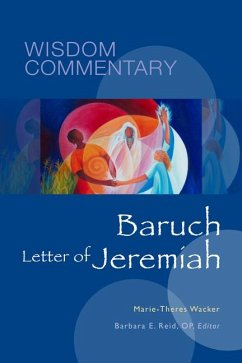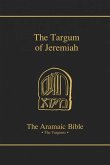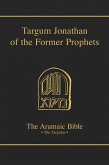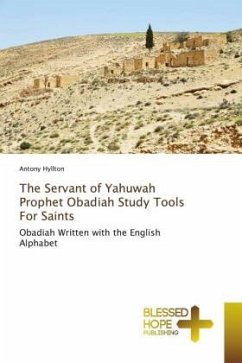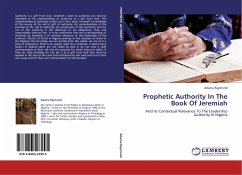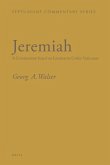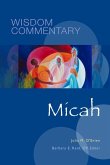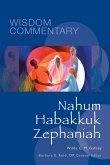Baruch and the Letter of Jeremiah are among the so-called deuterocanonical books of the Bible, part of the larger Catholic biblical canon. Except for a short article in the Women's Bible Commentary, no detailed or comprehensive feminist commentary on these books is available so far. Marie-Theres Wacker reads both books with an approach that is sensitive to gender and identity issues. The book of Baruch--with its reflections on guilt of the fathers, with its transformation of wisdom into the Book of God's commandments, and with its strong symbol of mother and queen Jerusalem--offers a new and creative digest of Torah, writings, and prophets but seems to address primarily learned men. The so-called Letter of Jeremiah is an impressive document that unmasks pseudo-deities but at the same draws sharp lines between the group's identity and the "others," using women of the "others" as boundary markers.
Hinweis: Dieser Artikel kann nur an eine deutsche Lieferadresse ausgeliefert werden.
Hinweis: Dieser Artikel kann nur an eine deutsche Lieferadresse ausgeliefert werden.

